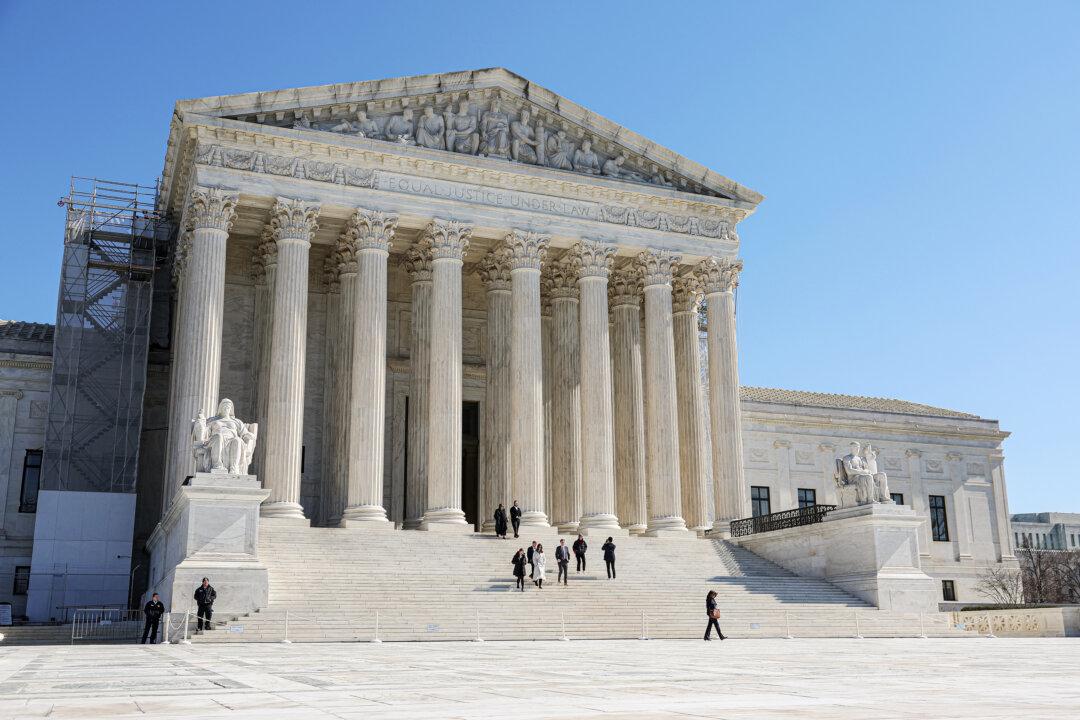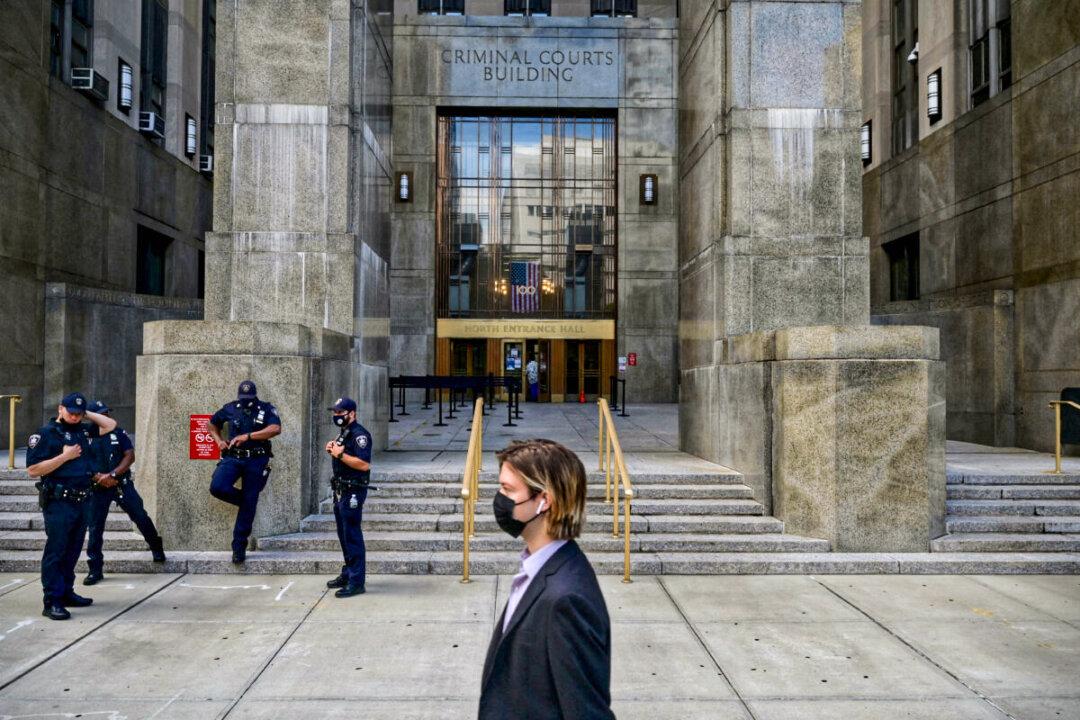 Beware the sanctimonious who “know” they have God on their side, or in this case, the Law on their side, for they will wield their authority as they see fit. Believing in the righteousness of their cause, they will not let quaint, antiquated respect for fair play and individual rights stand in their way.
Beware the sanctimonious who “know” they have God on their side, or in this case, the Law on their side, for they will wield their authority as they see fit. Believing in the righteousness of their cause, they will not let quaint, antiquated respect for fair play and individual rights stand in their way.So it was with Tomás de Torquemada, and so it is with special counsel Robert Mueller. If cases need to be manufactured in order to arrive at the “just” result, then so be it. As the inquisitors of old relied on the rack to reach the “truth,” so will the New Inquisitor—the special counsel—rely on the 21st-century equivalent.





